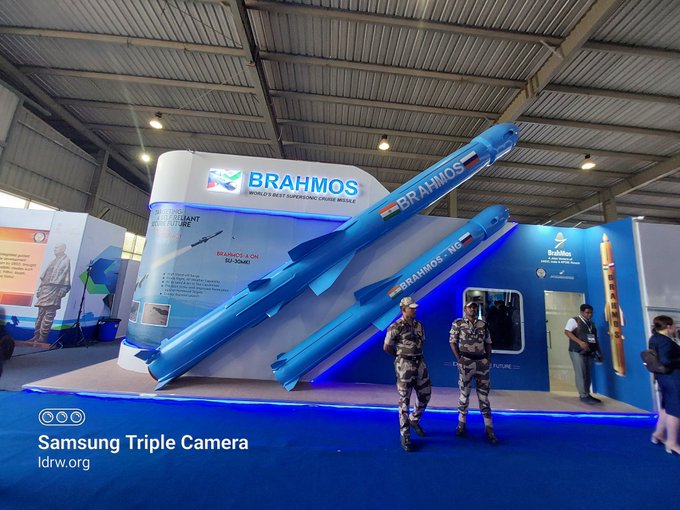SOURCE: AFI

During the UPA government, the BrahMos corporation, led by Dr. Apathukatha Sivathanu Pillai, faced some bureaucratic hurdles regarding exports. Leaked Papers send to Mr Pillai by MoD, MEA, Foreign Secretary showcased how UPA was warry of Exporting of the BrahMos missiles to Philippines and Indonesia just not to offend China.
The Ministry of External Affairs (MEA) raised concerns about a BrahMos team planning a visit to the Philippines without obtaining political clearance. The team was instructed to postpone their trip until clearance was granted and to consult with the MEA beforehand.
Similarly, a planned visit by the Indonesian delegation to the BrahMos Aerospace office in New Delhi was called off. The Ministry of Defence (MoD) cited the need for a final decision on BrahMos missile exports before allowing such discussions. This move came despite Indonesia not raising the issue of missile purchase during official meetings. The MoD expressed concern that previous interactions, like showcasing BrahMos missiles on ships visiting Indonesia and discussions with BrahMos Aerospace, might have sent misleading signals about India’s willingness to export.
A broader policy directive was issued by the Foreign Secretary to Dr. Pillai. While supporting the principle of exporting BrahMos missiles to select countries under specific conditions (national security, foreign policy interests, international obligations), the directive emphasized a freeze on discussions related to exports until the government finalized its overall missile export policy.
The key point was a temporary freeze on discussions regarding BrahMos exports. The Foreign Secretary’s letter referred to a previous MoD position, approved by the then-Raksha Mantri (Defence Minister), which put a hold on all discussions about BrahMos exports until the “general issue of missile exports” was decided.
The media reports paint a picture of a UPA government carefully considering the implications of BrahMos exports. While supportive of the program in principle, they prioritized formulating a comprehensive export policy before entering into agreements.